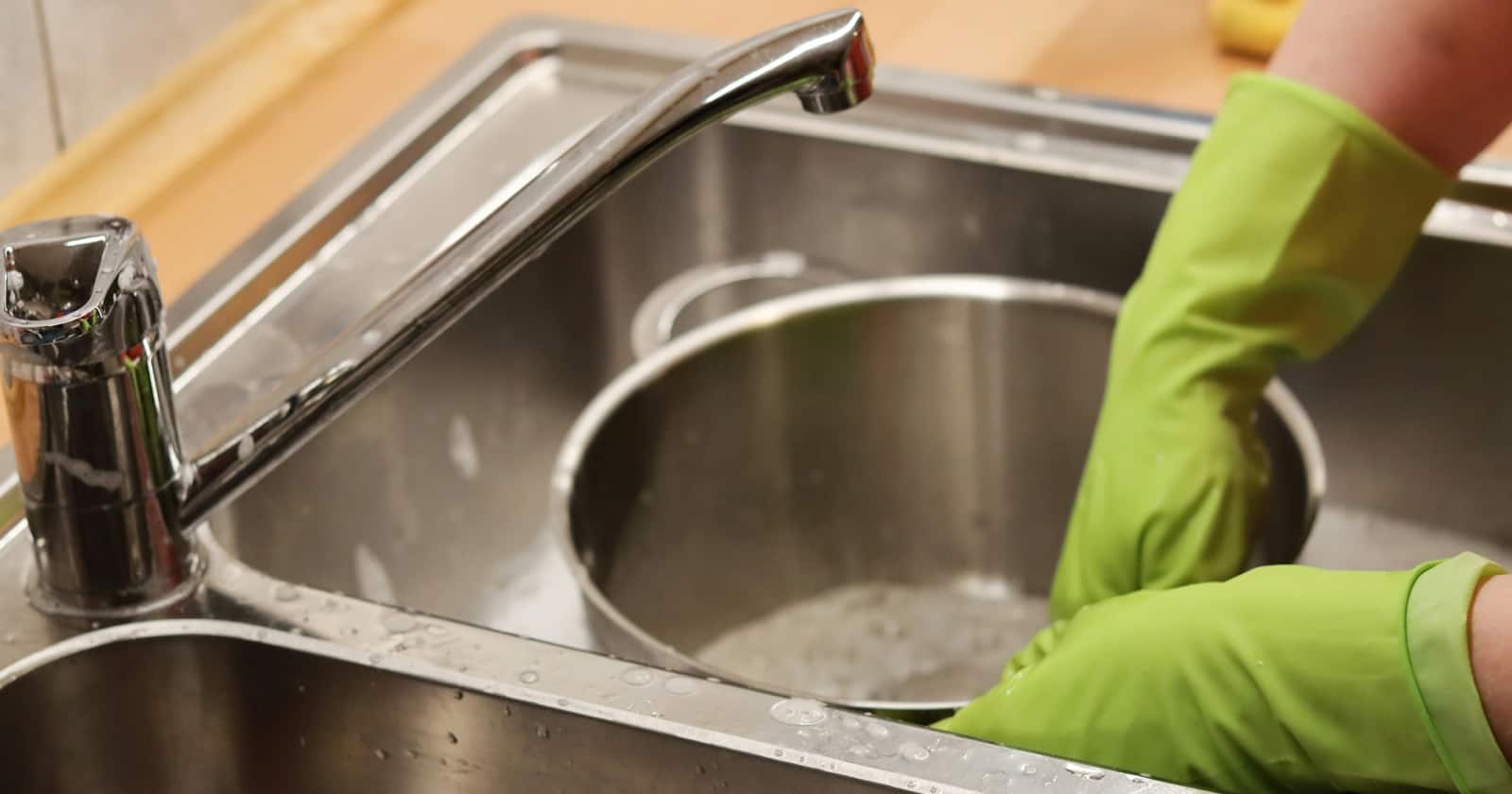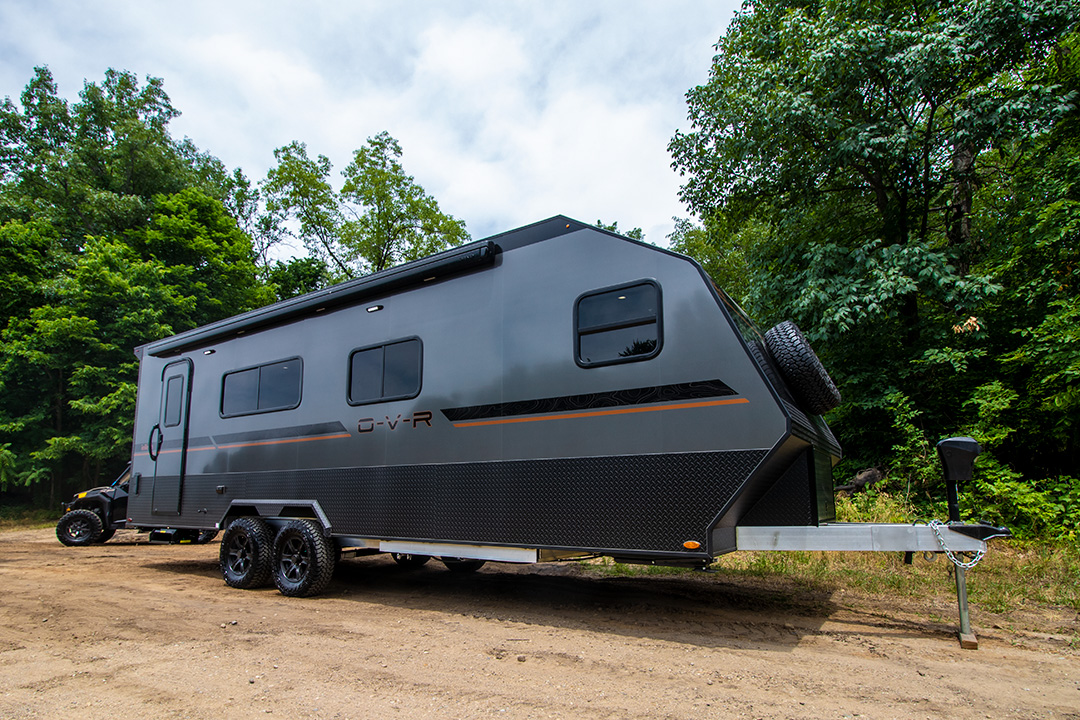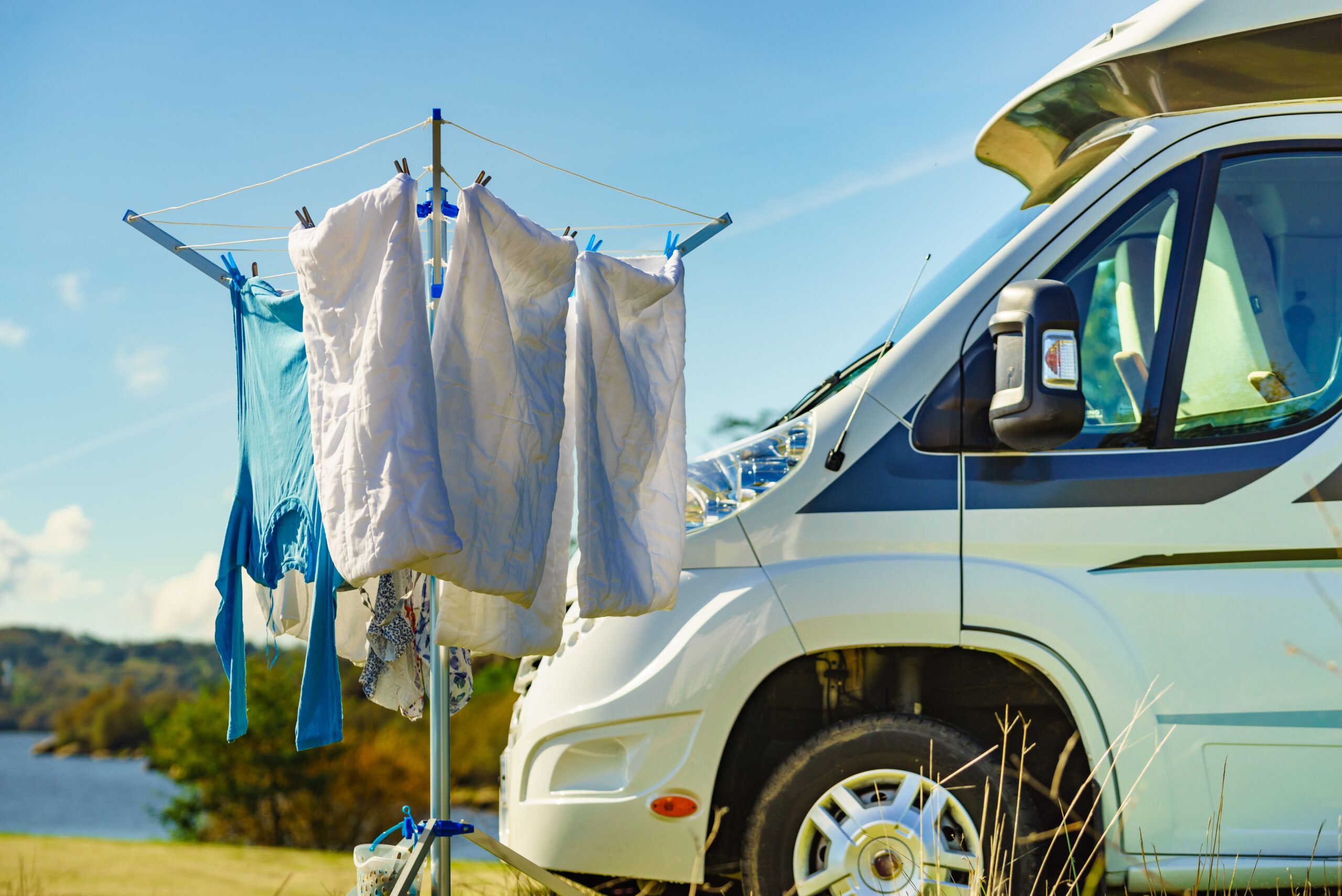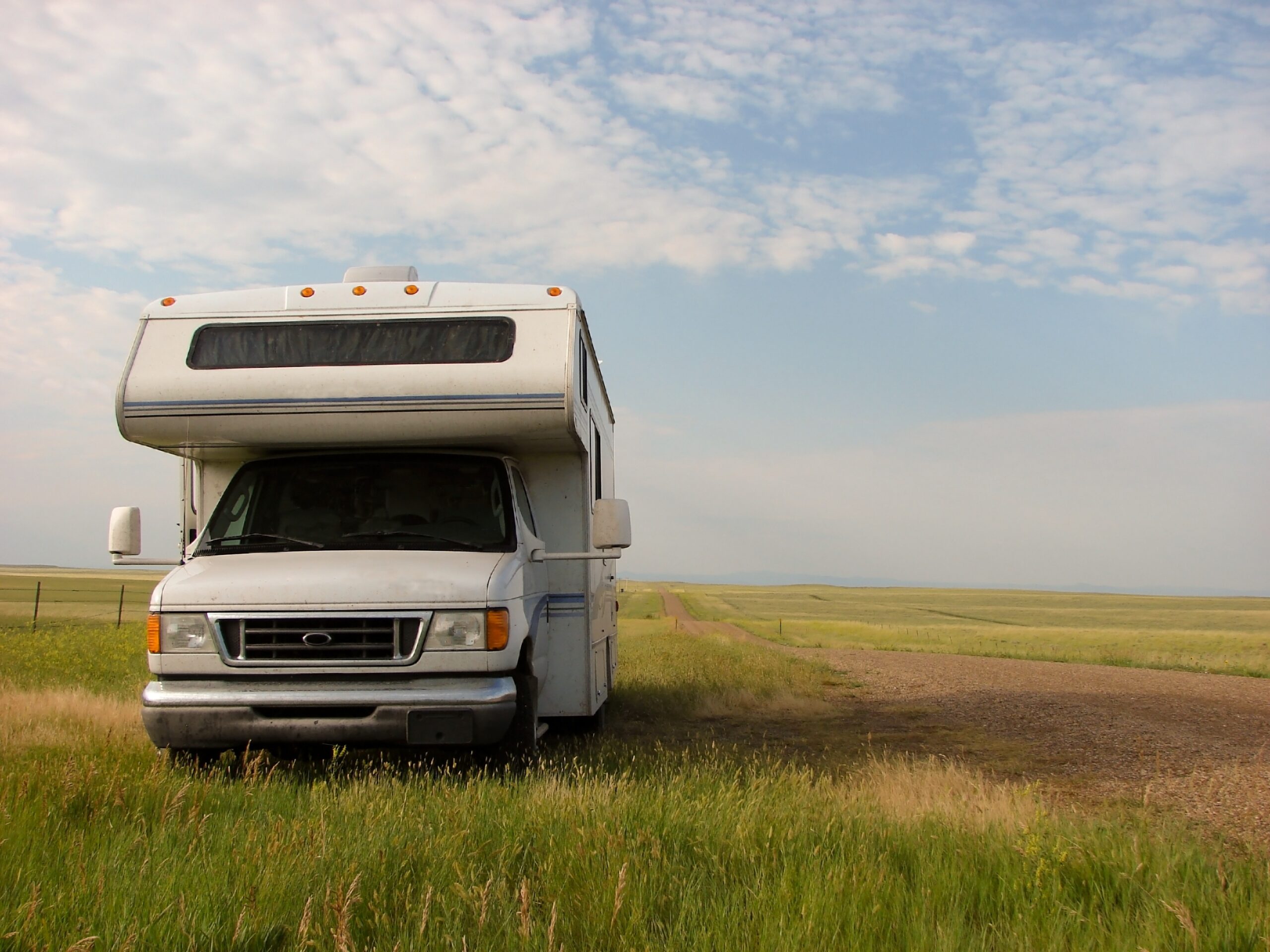
A Guide to Boondock Longer in Your RV
With campgrounds and RV parks being booked months in advance, many RVers are wondering whether you can go long term boondocking, also known as dispersed camping in an RV? The answer is a resounding YES! However, for long term boondocking, you will need to prepare, adapt, and change some habits.
“Long term RV boondocking takes some preparation,” says RV blogger Curtis
Long term boondocking is about efficiently managing your limited resources. While conservation is a large part of long term boondocking, sooner or later you will need to replenish and dispose of items.
Replenishing resources while long term boondocking
Potable water
Breaking camp to move your RV every week or so to refill your potable fresh water isn’t very convenient when long term boondocking. The key is conservation and replenishing.
To replenish your water supply, you will need a source and a method of transportation and transfer. Check out our previous articles for ideas:
- RV Fresh Water Hacks: 5 Tricks For Off-Grid Camping
- 8 Likely Places To Find Fresh Water For Dry Camping
Electrical power
For long term boondocking, your primary power source will be 12 volts DC which powers the essential items in your RV like lights and appliances.
The house batteries in your RV are where this energy is stored. Therefore, a robust battery bank is needed consisting of multiple batteries and the best type you can afford.
Currently, lithium batteries are the gold standard for long term boondocking. To recharge the batteries you have, there are several options including using a generator, solar, wind, or a combination of all three.
Most RVers also want access to 120 volts AC like they have at home via wall outlets. This can be accomplished via an inverter which inverts 12 volt DC from the house batteries to 120 volts AC or running a generator.
For those serious about long term boondocking and willing to spend thousands upon thousands of dollars, consider having a very robust solar system installed including a large battery bank and substantial inverter.
Having such a luxury will allow you to practically operate your RV like you are hooked to shore power with the option of running your electric fireplace, coffee pot, and air conditioner for short periods of time without the need to start a generator.
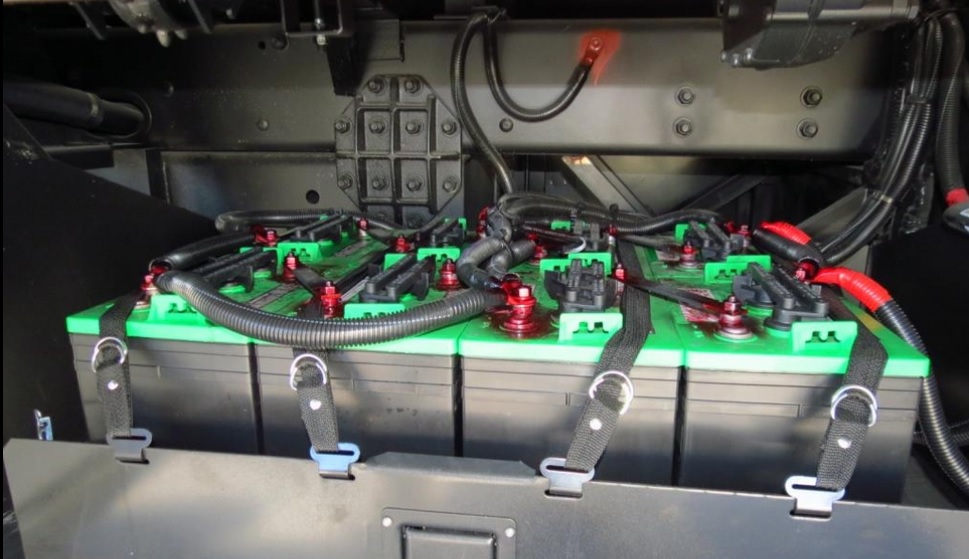
Fuel
Propane is required for the appliances to operate in most RVs. For long term boondocking, outfit your RV with the largest propane cylinders possible and consider carrying spare cylinder(s).
You will also need spare fuel for your generator which will need to be replenished from time to time. For long term boondocking, devise a method for transporting and storing spare fuel.
Note: Those that make the investment in a large solar/battery/inverter set-up as listed above will find they can operate more items on electricity, allowing them to conserve propane along with fuel for their generator.
Groceries
Unless you are a hunter–gatherer type, you will need to replenish your grocery supply from time to time. To minimize unnecessary trips to the grocery store, carry enough groceries with you into the boondocks to last at least as long as your supply of fresh water.
Once you become proficient at long term boondocking, a resupply trip to town will include multiple “chores” like grocery shopping to make the trip worthwhile.
Disposal while boondocking
Gray water
Typically, disposing of gray water while long term boondocking is the most pressing disposal issue. Fortunately, there are many ways to mitigate gray water without a trip to the dump station. Here are 5 hacks to minimize the amount of gray water that enters your gray tank(s).
Those that want to get creative during their long term boondocking stay might want to consider evaporating their gray water. Or, use one of the other creative ideas developed at the annual Burning Man event.
Black water
Many who enjoy long term boondocking have resigned themselves to employing the “Blue Boy” to transport the contents of their black and gray tanks to the nearest dump station. Others who prefer not to tote their own bodily waste around in a Blue Boy often opt for a composting toilet.
Garbage
Most of the garbage generated while boondocking is from food packaging. Minimize what you will eventually need to throw away by “unpackaging” food at the grocery store. Place the edible part inside Tupperware or other reusable containers. Then throw away the original packaging. Do it while you are still “in town” where there are garbage cans, typically at the grocery store you patronize.
Waste paper products are especially useful to start the nightly campfire (when and where allowed). What can’t be minimized or burned will need to be taken with you when you replenish supplies or dump the contents of your tanks. Typically the businesses that you patronize when you resupply will have places to dispose of your garbage. Many dump stations also have garbage receptacles for public use.
See also: How To Deal With Trash In Your RV
Where do you go long term boondocking?
The best way to ease into long term boondocking is by doing so at a LTVA (Long Term Visitors Area) operated by the BLM (Bureau of Land Management).
These areas allow RVers to boondock for up to 7 months for a nominal fee. The fee includes varying services such as potable water, dump stations, and dumpsters.
Here is a video providing long term boondocking tips. It also features a controversial discussion regarding the do’s and don’ts of gray water disposal.
While this article only addresses the most common obstacles RVers face when long term boondocking. Hopefully it has demonstrated that it is possible. As many have discovered, more enjoyable than a crowded campground or RV park.
Check out our previous articles to learn more about boondocking:

